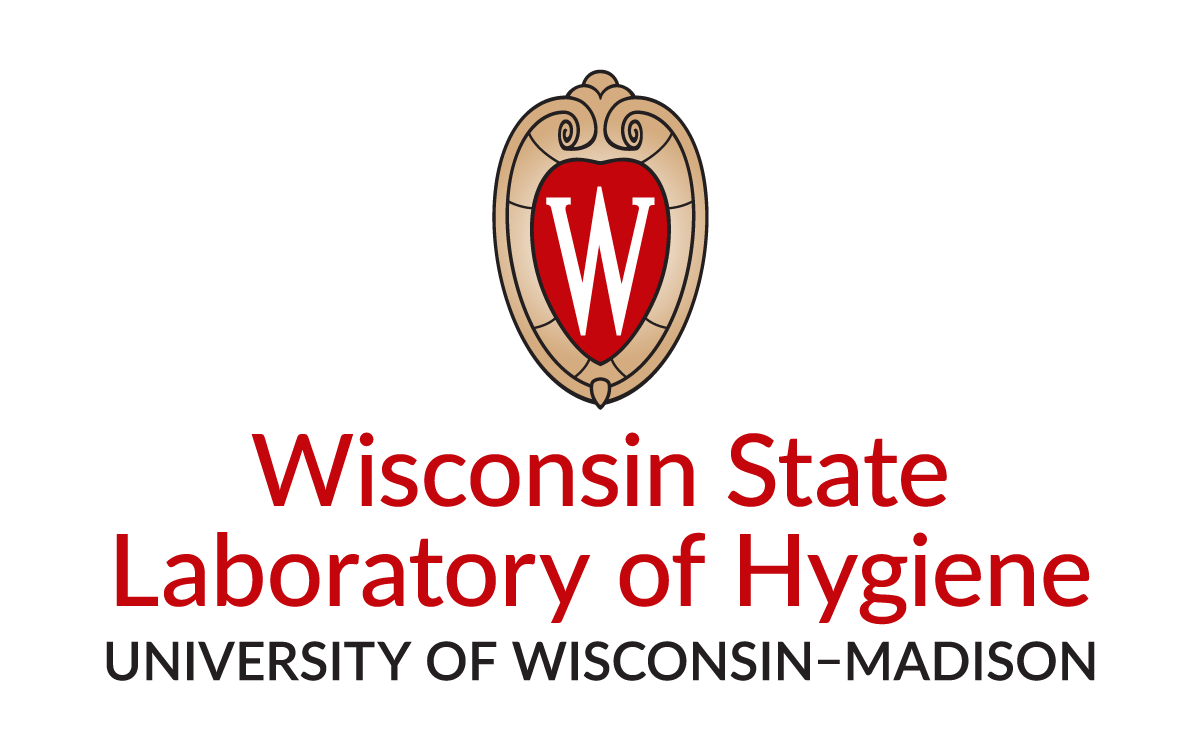Containerization: the silent hero of the COVID-19 variant surveillance effort.
Kelsey Florek, PhD, MPH Senior Genomics and Data Scientist Wisconsin State Laboratory of Hygiene December 9, 2021
Slides live at:
www.k-florek.net/talks @kelsey_florek
www.k-florek.net/talks @kelsey_florek

Bioinformatics
Barriers to Bioinformatics in Public Health Laboratories
- vast landscape of compute infrastructure
- on-premise servers/workstations
- high performance compute cluster
- public cloud
- none
- limited experience working with open source software
- limited informatics support beyond desktop/network
What is StaPH-B?
- State Public Health Bioinformatics
- provide training and resources for applied bioinformatics
- support construction and maintenance of bioinformatics infrastructure in state Public Health laboratories
- partner with Centers for Disease Control and Prevention and the Association of Public Health Laboratories
StaPH-B/docker-builds
StaPH-B/docker-builds
- Dockerfiles >90 different open source bioinformatic analysis tools
- Data QC
- Genome Assembly
- Annotation
- Classification
SARS-CoV-2 Variant Surveillance
UPHL-BioNGS/Cecret
Theiagen/public_health_viral_genomics
Keeping up with SARS-CoV-2 Evolution
2 mutations per month in the 29,903 base genome
Pangolin
Pangolin
The Takeaways
- Containerization solves many problems in Bioinformatics
- Distribution of open source software
- Repeatability
- Simplifying development of workflows
- Infectious disease surveillance and research is built on open source
- Containerization has been instrumental throughout this pandemic allowing a wide range of laboratories to contribute global surveillance effort

